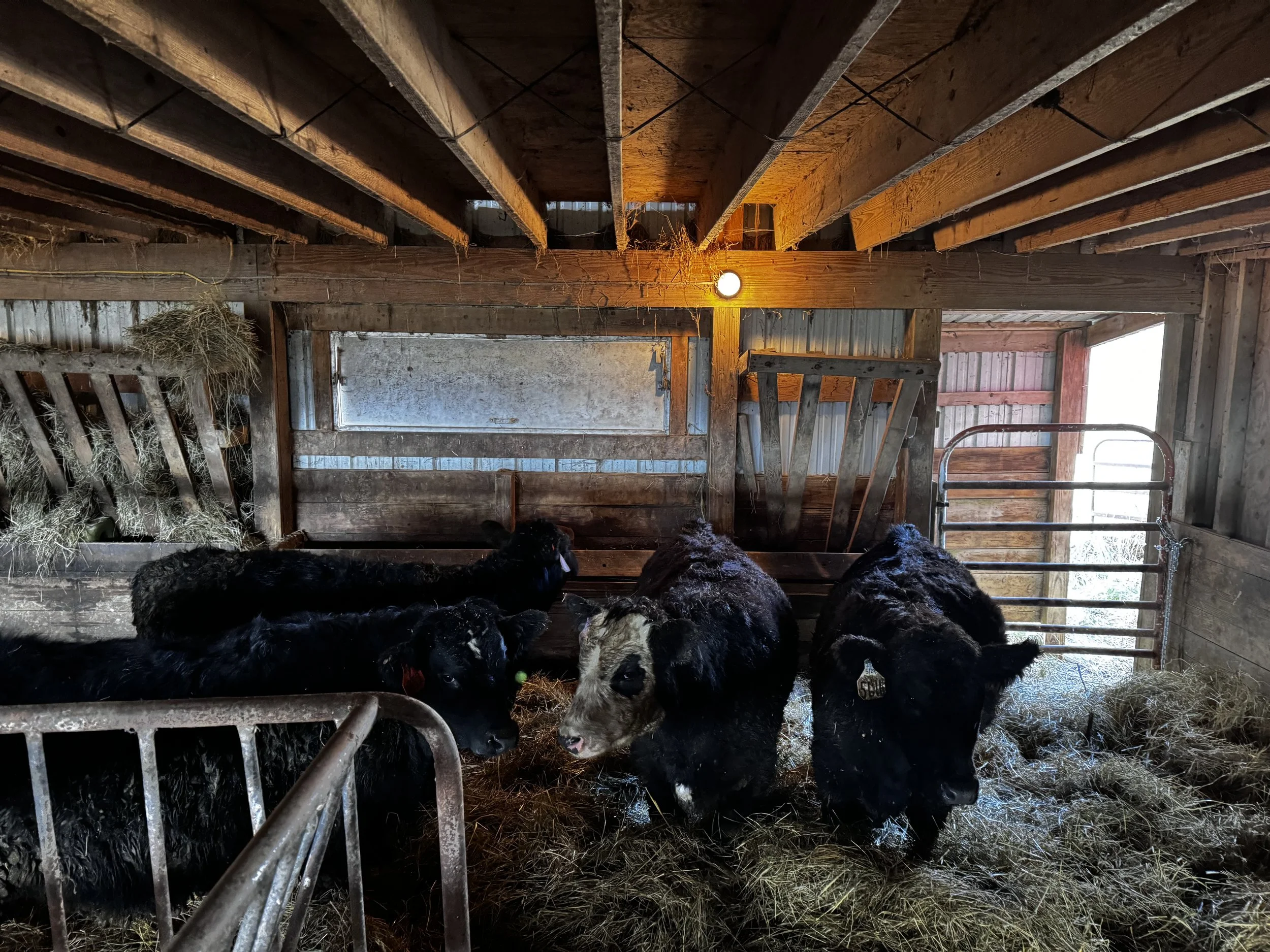Done well and good intentions are not synonymous.
We recently added cattle to the farm—4 head. You can see the arrival on my social here. I am planning to learn a lot through the process. The first lesson arrived on the same day as the cattle.
You may have heard it said, “it’s the little things that make all the difference”.
I would say that phrase is insufficient. It is actually the little things done well that make all the difference.
”Done well” is just two additional words, but their potential for positive impact is exponential. When “done well” is forgotten, people often end up using another two-word phrase to describe the small things. That phrase is “good intentions”.
“Done well and good intentions are not synonymous. ”
My experience
I called the feed store to order my cattle feed. I knew what I wanted based on a recommendation from the farmer I got the cattle from.
The feed store recommended adding corn to my feed plan. I assumed that since they knew it was for cattle, they would “automatically” grind the corn so the cattle best digested it. I figured I wouldn’t need to provide instructions I was unaware of for what they recommended.
My assumption was incorrect. They didn’t, and I received whole kernels. I am new to cattle raising, so I didn’t know that was a mistake. It’s a mistake because cattle digest whole kernels of corn like humans do. This means feeding it to them is a wasted effort and money.
I found out about the mistake when the farmer offered to inspect my feed situation when he dropped the cattle off. At that moment, I found out the potential small thing of the feed store anticipating my need (add corn) turned into a big pain point because I now needed to reload and exchange 1500 lbs. of corn. That is literally not light work.
The feed store was doing the small thing by making a recommendation, but they failed to do this small thing well. By delivering something I could not use, their good intentions resulted in a not-so-good outcome.
From my perspective, it would have been a better experience for me to get home and discover on my own that I was missing corn rather than the feed store recommending corn, but it being unusable for my needs.
The feed store's failed attempt at doing the small thing well resulted in my perception that THEY made a mistake and I needed to fix THEIR mistake. Their good intentions became my problem to fix.
Lessons worth learning
Don't stop looking for ways to sprinkle the small things into your work and personal life. They really do make other people smile. But do these things in such a way that the initial smile doesn’t quickly and permanently fade into a frown because your attempt at a small thing isn’t done well.
Three ideas for getting the small things right:
Anticipate needs and make recommendations only after asking enough questions to fully understand the other person’s need/goal/motivation. The other person determines if a recommendation adds value or not; you don’t. The small things are nuanced, not binary.
It’s not worth doing if it’s not done right. Before making a recommendation, ask yourself what would turn this small thing into a pain point. Then, make sure you have resolved the potential pain points before offering to go the extra step.
After delivering on a small thing, check in on the person. Find a specific reason to ask how it’s going. It feels great when someone checks on you in a non-generic, personalized way. It’s almost like that person gets to experience a bonus small thing.

